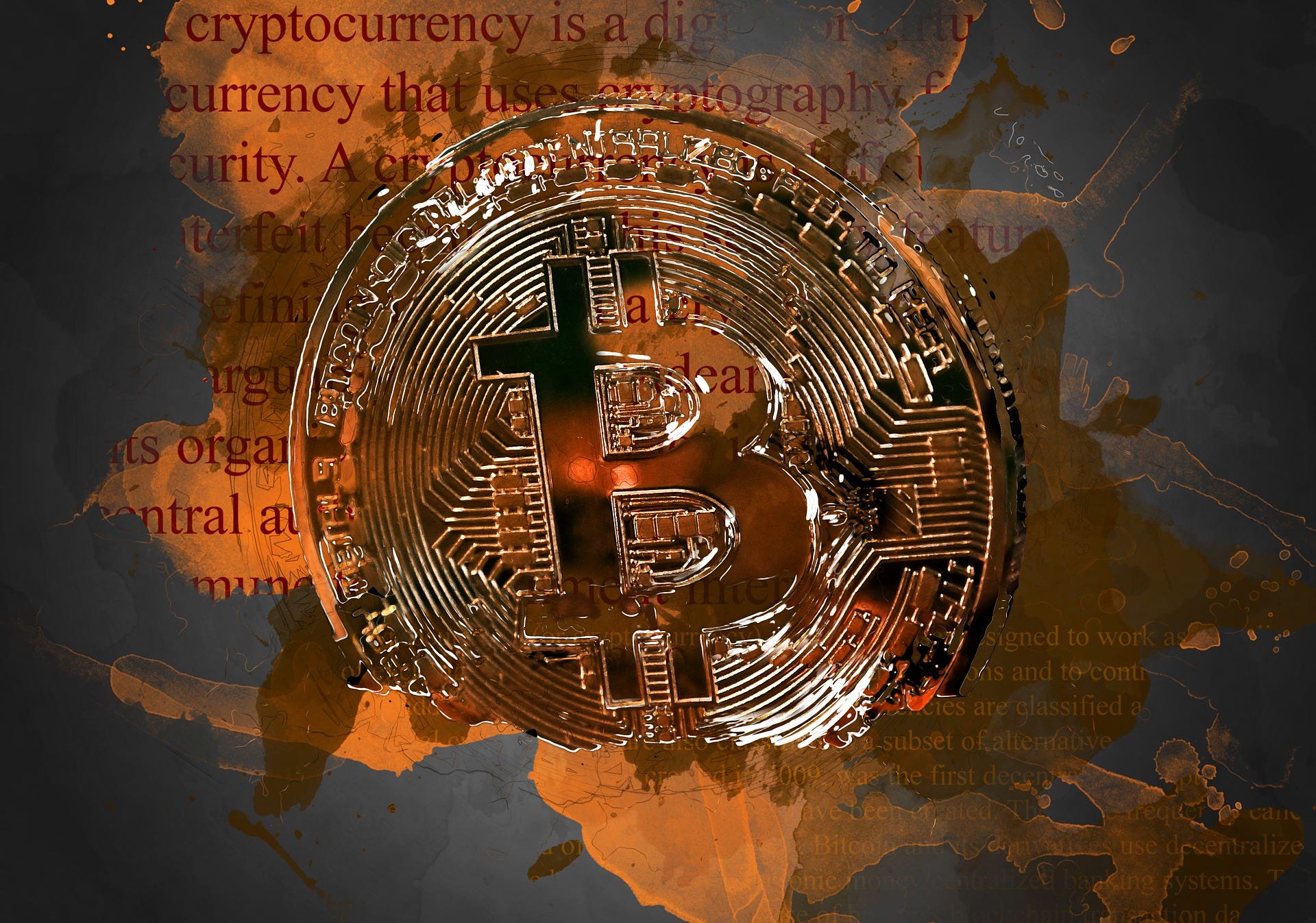PALO ALTO, Calif. (Reuters) - The Federal Reserve is taking a look at a broad series of problems around digital payments and currencies, including policy, design and legal considerations around possibly issuing its own digital currency, Guv Lael Brainard stated on Wednesday. Brainard's remarks recommend more openness to the possibility of a Fed-issued digital coin than in the past." By transforming payments, digitalization has the potential to deliver higher worth and convenience at lower expense," Brainard stated at a conference on payments at the Stanford Graduate School of Service.
Reserve banks worldwide are debating how to handle digital financing technology and the distributed ledger systems utilized by bitcoin, which guarantees near-instantaneous payment at possibly low cost. The Fed is developing its own day-and-night real-time payments and settlement service and is currently reviewing 200 remark letters sent late in 2015 about the proposed service's style and scope, Brainard said.
Less than 2 years ago Brainard told a conference in San Francisco that there is "no compelling demonstrated need" for such a coin. But that was before the scope of Facebook's digital currency ambitions were widely understood. Fed officials, including Brainard, have raised concerns about consumer securities and information and privacy risks that might fedcoin price be posed by a currency that could enter into usage by the 3rd of the world's population that have Facebook View website accounts.
" We are collaborating with other reserve banks as we advance our understanding of reserve bank digital currencies," she stated. With more nations checking out providing their own digital currencies, Brainard said, that adds to "a set of reasons to likewise be making sure that we are that frontier of both research and policy development." In the United States, Brainard stated, problems that need study consist of whether a digital currency would make the payments system safer or easier, and whether it could position monetary stability dangers, including the possibility of bank runs if cash can be turned "with a single swipe" into the central bank's digital currency.
To counter the monetary damage from America's unmatched national lockdown, the Federal Reserve has actually taken unmatched actions, including flooding the economy with dollars and investing straight in the economy. Many of these moves received grudging acceptance even from many Fed skeptics, as they saw this stimulus as needed and something only the Fed might do.

My brand-new CEI report, "Government-Run Payment Systems Are Hazardous at Any Speed: The Case Versus Fedcoin and FedNow," details the risks of the Fed's current prepare for its FedNow real-time payment system, and proposals for central bank-issued cryptocurrency that have actually been dubbed Fedcoin or the "digital dollar." In my report, I talk about issues about personal privacy, information security, currency control, and crowding out private-sector competitors and development.
Advocates of FedNow and Fedcoin state the government must produce a system for payments to deposit immediately, instead of encourage such systems in the economic sector by lifting regulatory barriers. However as noted in the paper, the economic sector is supplying a relatively endless supply of payment technologies and digital currencies to fix the problemto the degree it is a problemof the time space in between when a payment is sent and when it is received in a checking account.
And the examples of private-sector development in this location are numerous. The Clearing House, a bank-held cooperative that has actually been routing interbank payments in numerous kinds for more than 150 years, has actually been clearing real-time read more payments given that 2017. By the end of 2018 it was covering 50 percent of the deposit base in the U.S.